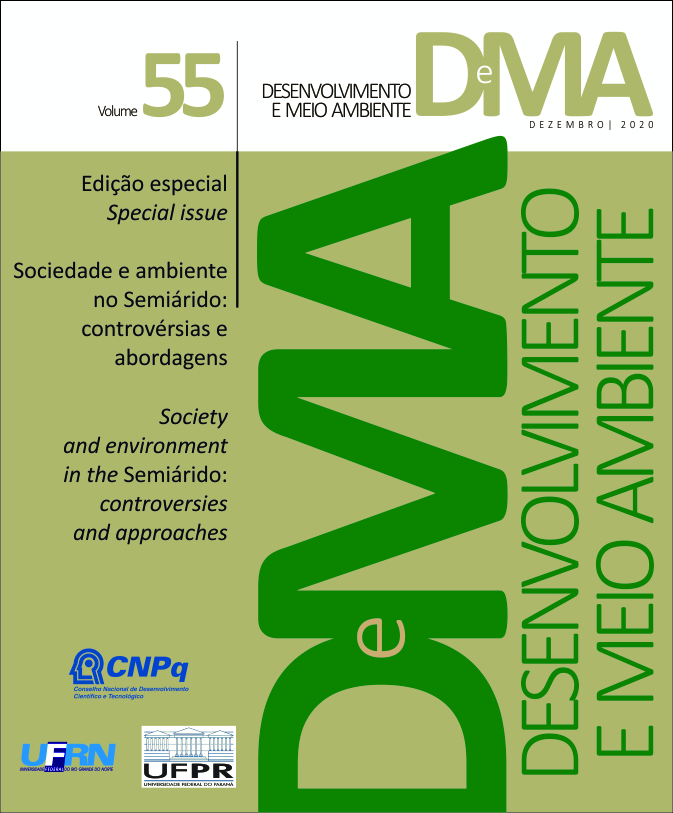Challenges to balance food demand and supply: analysis of PNAE execution in one semiarid region of Brazil
DOI:
https://doi.org/10.5380/dma.v55i0.73174Keywords:
chool feeding, family farming, public purchase, sustainable food systems, semiaridAbstract
This study intended to address the challenges faced by the National School Feeding Program (PNAE) to implement public purchases from family farming, as they understand their role in the transformation of local food systems. For this, we developed a qualitative, exploratory, and descriptive study, in the state of Rio Grande do Norte, located in the northeastern semiarid region, during the regional assessments done by the Collaborating Center for the School Feeding Program in 2018 and 2019. We analyzed the policy from the perspective of the social actors inserted at the ends of the supply and demand chain through the application of questionnaires and focus groups. There were 188 social actors from 45 municipalities taking part in our data gathering. We examined the meeting of supply and demand based on the performance of the policy in the state, and identified that: i) the percentage of purchases between 2011 and 2017 was, on average, 19.1%, demonstrating that, despite not meeting the recommended rate, the state has progressed its investments in this segment; ii) some limitations characterized the limited effectiveness of public purchases of family farming for schools: lack of federal actions to enhance the value of family farming, unfavorable conditions for local agricultural production, low performance of technical rural assistance, menus do not reflect the offer of family farming, difficulties in preparing and executing the public call and insufficient communication between social actors; iii) Action and decision-making, through street-level bureaucracy, depends on the discretion of the social actors. We believe that this study can collaborate in the understanding of structural problems that affect the implementation of the program and assist in the search for alternatives that are consistent with the current needs, aiming at the construction of sustainable food systems.
Downloads
Published
How to Cite
Issue
Section
License
Copyright on works published in this journal rests with the author, with first publication rights for the journal. The content of published works is the sole responsibility of the authors. DMA is an open access journal and has adopted the Creative Commons Attribution 4.0 Not Adapted (CC-BY) license since January 2023. Therefore, when published by this journal, articles are free to share (copy and redistribute the material in any medium or format for any purpose, even commercial) and adapt (remix, transform, and create from the material for any purpose, even commercial). You must give appropriate credit, provide a link to the license and indicate if changes have been made.
The contents published by DMA from v. 53, 2020 to v. 60, 2022 are protected by the Creative Commons Attribution-NonCommercial-NoDerivatives 4.0 International license.
DMA has been an open access journal since its creation, however, from v.1 of 2000 to v. 52 of 2019, the journal did not adopt a Creative Commons license and therefore the type of license is not indicated on the first page of the articles.




